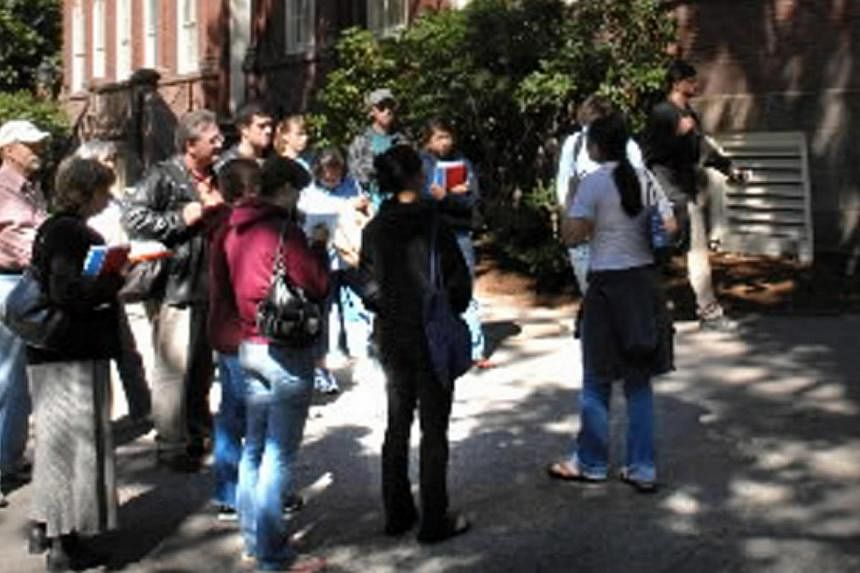This summer, The New Republic published the most read article in the magazine's history.
It was an essay by Mr William Deresiewicz, drawn from his new book, Excellent Sheep: The Miseducation Of The American Elite And The Way To A Meaningful Life.
Mr Deresiewicz offers a vision of what it takes to move from adolescence to adulthood. Everyone is born with a mind, he writes, but it is only through introspection, observation, connecting the head and the heart, making meaning of experience and finding an organising purpose that you build a unique individual self.
He argues that most students do not get to experience this in elite colleges today.
Universities, he says, have been absorbed into the commercial ethos. Instead of being intervals of freedom, they are breeding grounds for advancement. Students are too busy jumping over the next hurdle in the resume race to figure out what they really want. They have a terror of closing off options. They have been inculcated with a lust for prestige and a fear of doing things that may put their status at risk. The system pressures them to be excellent, but excellent sheep.
Mr Stephen Pinker, the great psychology professor at Harvard, wrote the most comprehensive response to Mr Deresiewicz. "Perhaps I am emblematic of everything that is wrong with elite American education, but I have no idea how to get my students to build a self or become a soul. It isn't taught in graduate school, and in the hundreds of faculty appointments and promotions I have participated in. We've never evaluated a candidate on how well he or she could accomplish it."
Mr Pinker suggests the university's job is cognitive. Young people should know how to write clearly and reason statistically. They should acquire specific knowledge: The history of the planet, how the body works, how cultures differ, etc. The way to select students into the elite colleges is not through any mysterious peering into the applicants' souls. Students should be selected on the basis of standardised test scores: the SATs.
What we have before us then, are three distinct purposes for a university: the commercial purpose (starting a career), Mr Pinker's cognitive purpose (acquiring information and learning how to think), and Mr Deresiewicz's moral purpose (building an integrated self).
Over a century ago, most university administrators and faculty members would have said the moral purpose is the most important. The most prominent Harvard psychology professor then, Mr William James, wrote essays on the structure of the morally significant life. Such a life, he wrote, is organised around a self-imposed, heroic ideal and is pursued through endurance, courage, fidelity and struggle.
Today, people at these elite institutions have the same moral aspirations. Everybody knows the meritocratic system has lost its mind. Everybody knows the pressures of the resume race are out of control. But people in authority no longer feel compelled to define how they think moral, emotional and spiritual growth happens, beyond a few pablum words that no one could disagree with and a few vague references to community service. The result is that the elite universities are strong at delivering their commercial mission. They are pretty strong in developing their cognitive mission.
But when it comes to the sort of growth Mr Deresiewicz is talking about, everyone is on their own. I'd say Mr Deresiewicz significantly overstates the amount of moral decay at elite universities. But at least he reminds us what a moral education looks like. That is largely abandoned ground.
NEW YORK TIMES

